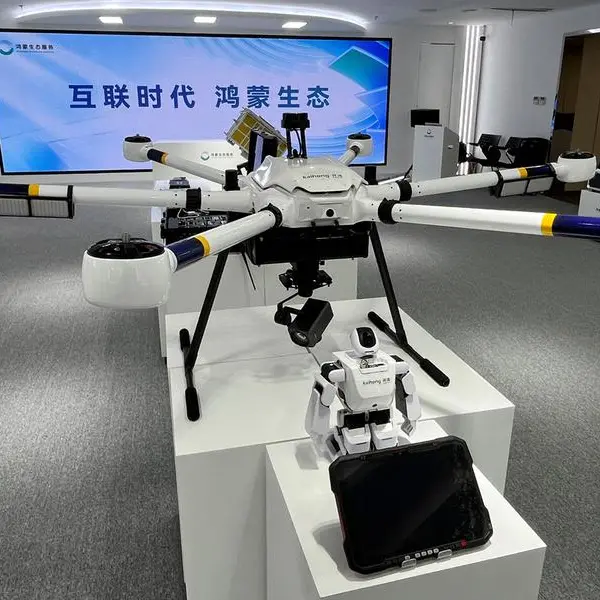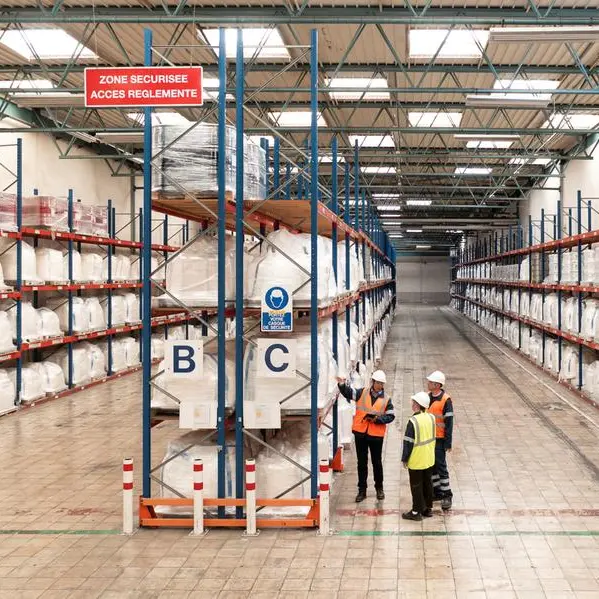A quick scan of the news these days and it can feel like we’re moving into a brave new world where the robots are getting ready to take over – yes, Artificial Intelligence has arrived with a bang.
The rapid adoption of ChatGPT and other generative AI tech has led to major investment and the halo effect has spread from tech stocks to crypto.
As so, as this futuristic technology becomes increasingly prevalent across a range of sectors, I’m starting to be asked how AI is going to shape real estate – and of course I also get asked whether AI will ‘replace’ real estate agents.
Let’s start there; the answer to that one is an easy – no.
I’ve been in the business for a long time and have seen big global players come and go with new high-tech, advanced ideas that were going to upend the industry.
I remember at one point back in the UK, Amazon was discussing selling a person’s property for a fee of GBP 999 – British supermarket giant Tesco was talking about doing something similar. Then – as usual – Facebook tried to obliterate everyone else by enticing people to sell via adverts on their platform.
None of them succeeded, which I think tells you something about the unshakeable importance of humans on the ground. Clients want to deal with actual real estate professionals; people who have been there and done that.
This is because buying or selling a home is a process involving emotions, negotiations, and intricate details that cannot be fully captured by a machine. Plus, technology doesn’t have an individual personality and that’s what buyers and sellers are drawn to – I see that every day. Life experience truly matters.
You’ve got to remember that when people enter the real estate market, they are gearing up to make huge, potentially life-changing decisions and so they want someone they can relate to and feel safe with.
Put it another way, would you want to jump on a plane without a pilot?
However, there’s no doubt that AI is already changing how businesses operate — whether through task automation, insight generation, or other use cases. I see this as positive progress.
In fact, one application of AI that I could see being game-changing for the real estate industry is predicting future outcomes – given how much the market relies on good timing.
In a sector like ours, where the stakes are so high, the ability to anticipate market fluctuations could be hugely valuable for investors. With the right combination of human expertise and data-based analyses and forecasting, AI could predict future rent and sale prices, identify the latest market trends, and even pinpoint new investment opportunities. These tools could help reduce risk and maximise ROI.
Then there’s data analysis.
In theory, AI could look at millions of bits of data from an area and see what those data points have meant for similar areas. It could look at news, companies opening up, business registration records and more. Far from eliminating the role of the property agent, this access to in-depth data could supercharge their work.
I will sound one note of caution here. If AI is considering millions of data points, it won't be possible to check its work it may ‘misunderstand’ something that no human would. So, it will be important not to rely too heavily on the technology – no matter how dazzling. Indeed, some big consultants we know have not yet embraced the tech preferring to still rely on human intelligence for research.
Another interesting possibility with AI, according to the experts – and one that people often don’t consider – is the potential to predict when property maintenance will be needed way in advance.
By analysing sensor data, AI could estimate when care might be required and even go ahead and schedule the work itself. This will be particularly useful for landlords with several properties to manage.
So, in general I would say ignore the doom-mongers, artificial intelligence is here to stay – that’s as true for the property and construction sectors as it is for the any other sector.
The smart approach is to embrace it, harness it where useful, and never forget the fundamental necessity of the human touch.





















